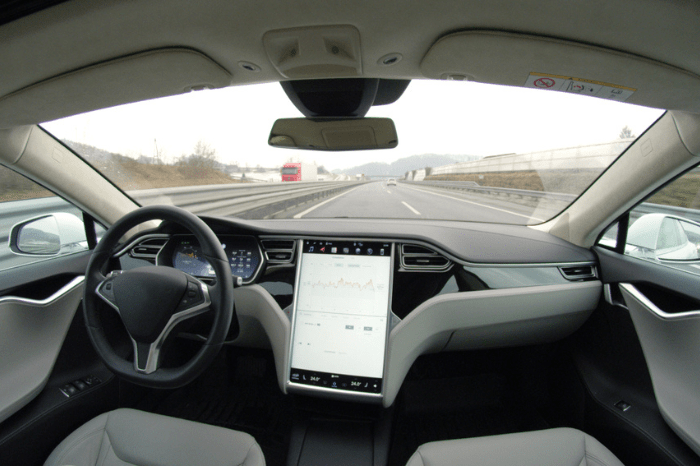Complete the form to schedule a free consultation with a traffic lawyer
Florida’s Laws on Self-Driving Cars

Self-driving cars have long been the subject of science fiction, but they are swiftly becoming a reality. As they enter the market and our roadways, they bring with them a host of questions and concerns—especially regarding safety and regulation. Florida is one state leading the way in self-driving car deployment, but the state’s approach to regulation has been the subject of debate. Are Florida’s laws on self-driving cars too lax, or are they appropriately calibrated for this technological revolution? This article delves into the complexities.
The Current State of Self-Driving Car Laws in Florida
Florida has been highly progressive in its approach to self-driving cars. In 2019, the state passed legislation that allows companies to deploy autonomous vehicles without a human backup driver present in the car, as long as the company has an insurance bond of $1 million. The law also permits these vehicles to operate on public roads for any purpose, not just testing.
Safety Concerns
Critics argue that Florida’s laws are dangerously lax, potentially putting both the passengers of self-driving cars and other road users at risk. While the technology is advancing rapidly, it is not yet infallible. Incidents involving self-driving cars in other states have raised valid questions about whether the technology—and our legal frameworks—are truly ready for full-scale, unsupervised deployment.
According to the National Highway Traffic Safety Administration, 94% of car accidents are due to human error, which begs the question: is removing the human element the answer to creating safer roadways in the United States?
Economic Advantages
On the other hand, proponents of Florida’s self-driving car laws claim that a laxer regulatory environment encourages innovation and investment. Florida has attracted several major companies in the autonomous vehicle industry, and some argue that this has economic benefits that outweigh the potential risks. These companies not only bring jobs but also foster an ecosystem of innovation that can spur further technological advancements.
Florida is currently enjoying an 85.7% net migration of business headquarters, which goes far beyond the automotive industry, but certainly includes it.
Public Opinion
Public sentiment about self-driving cars in Florida is mixed. While many Floridians appreciate the potential convenience and futuristic allure of autonomous vehicles, concerns about safety and accountability remain high on the list of public worries. Some argue that the state should wait for more concrete safety data before allowing companies such carte blanche in deployment.
According to a survey conducted by AAA, 68% of Floridians cite safety concerns as the primary reason for discomfort at the thought of riding in a self-driving car.
What’s the Verdict?
Florida’s laws on self-driving cars strike a bold stance, prioritizing economic development and innovation over caution and incremental testing. As self-driving technology continues to evolve, so too will the debate around the appropriate level of regulation. Whether Florida’s current laws are too lax or just right is a question that may only be answered as we see the long-term impacts of this transformative technology on our roads and communities.
For drivers who have been pulled over, remember: you can fight your ticket! Use the form at the top of this page or call.
